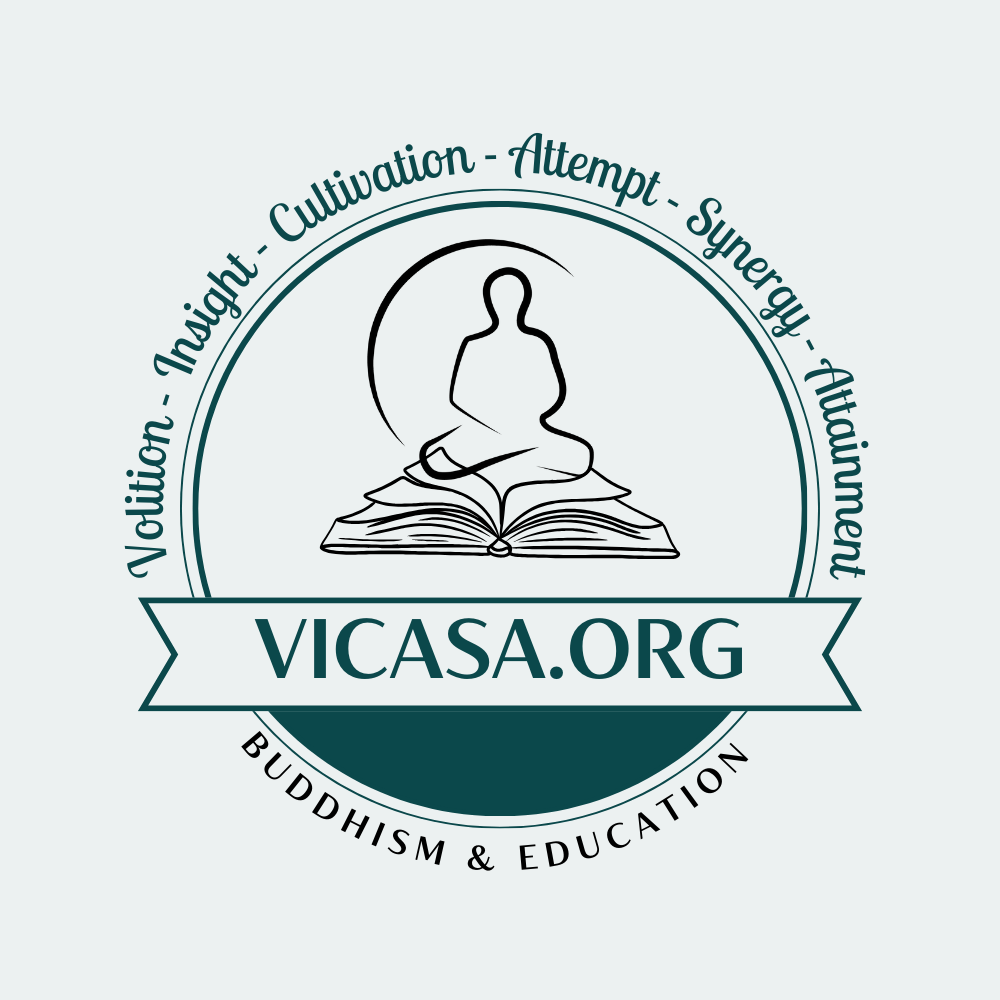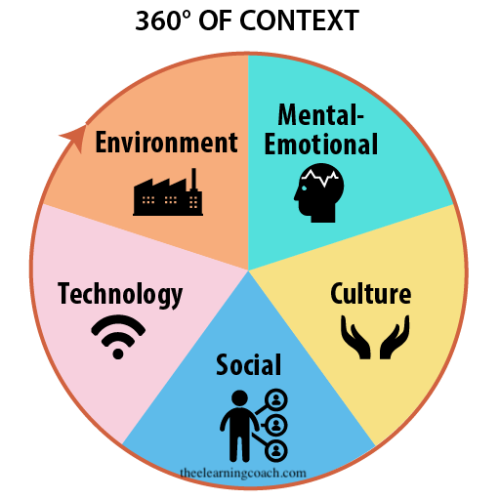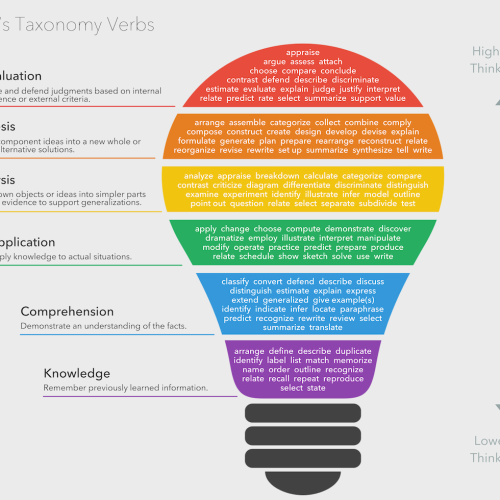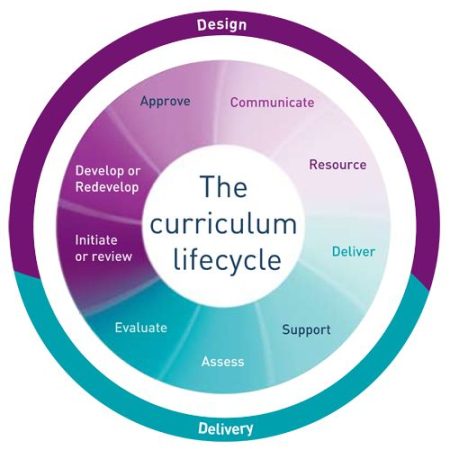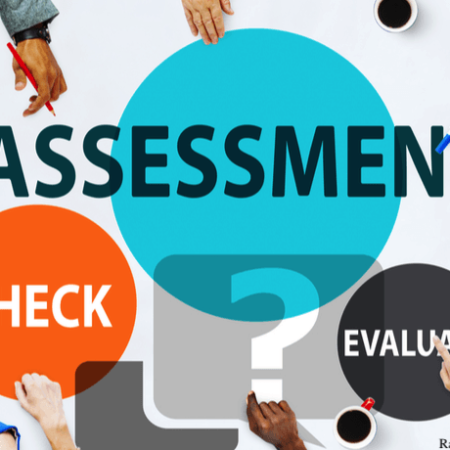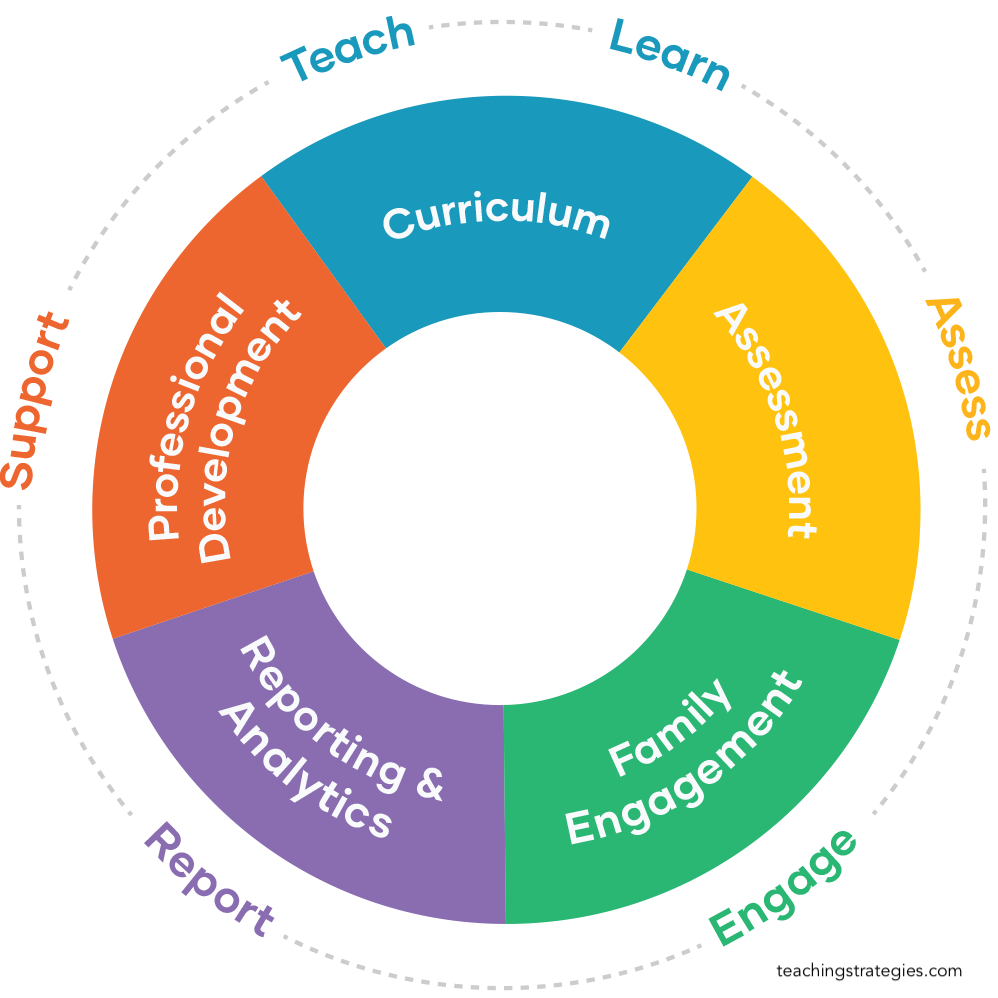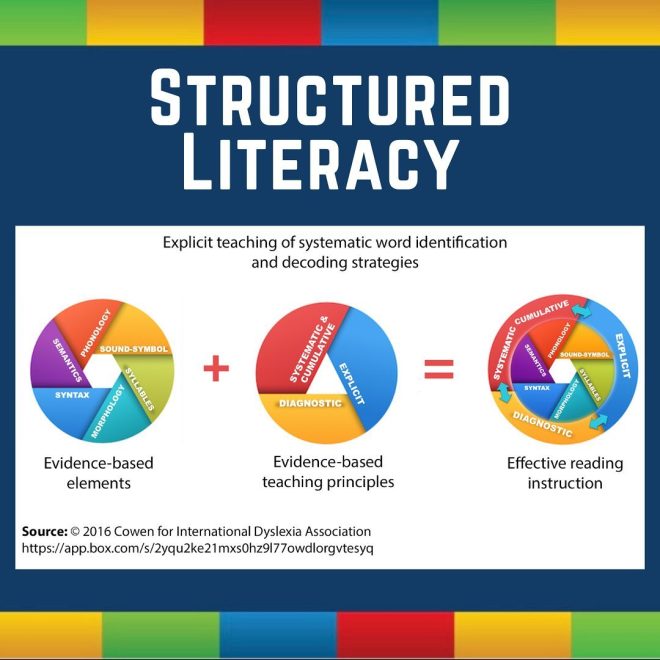Master of Education

Vijjā is looking forward to the opportunity to share her lived experiences as an educator with you. She is very passionate about teaching and learning with the direction of “Learning by sharing” and strives to ensure that teachers are highly effective, culturally competent, and able to meet the needs of all the learners who enter their classrooms. The vision, mission, goals, and values of Western Universities align with Vijjā’s personal teaching philosophy, which she takes very seriously. Your journey in the field of education will impact the trajectory of the lives of your potential students and all students deserve the best VICASA has to offer. She too, will offer her best to you as a student of a Western University, but she expects your best as well.
Therefore, keep her informed of any issues you may have and she will respond in a timely manner. Vijjā will provide you with positive constructive feedback, engage you in critical self-reflection, and challenge you to explore the possible effects of your perceptions and beliefs on your teaching practice.
She has high expectations for everyone to give their best effort academically and to support one another through encouragement and critical engagement.
There will be ups and downs in our journey and we need to be willing to assist our struggles, as well as celebrate our successes! Your success means the success of your future students.
We are all learning together!
Vijjā is grateful to be a part of the University community in the West, and she looks forward to sharing, creating, and providing an innovative, collaborative, inclusive, and student-centered learning environment.
Regarding Vijjā’s experience in the M.Ed. program, she is deeply grateful for receiving this outstanding educational program to pursue her teaching path at an American University. Thus, she gave her best effort in all the courses during the length of her program, as this will allow her to further develop her career path by improving her teaching methods and strategies. The degree has helped her feel better prepared to be a teacher in a progressive classroom with practical approaches and application-based learning. Vijjā hopes to be better able to serve her teaching community as a positive agent for change and development. Thanks to the opportunity Western Universities was giving her, and thousands of people like her, to access education to the highest level to become the best at what we do.
As an ardent learner pursuing and practicing teaching methods and an English instructor, the writer began accumulating, gathering, and generating personal resources, as well as useful research or practical information to enhance her lifelong learning and instructing skills. With this dissemination of her understanding from the Master of Education in Advanced Teaching program, she expects audiences can read and comprehend more about modern education in the West and apply to your practice effectively. |
Start investigating
Examine the role of education across time and in different places in the world, and the social and political influences that shaped the goals and structure of today’s diverse educational systems
Focus on the role of classroom organization and behavior management in developing positive teaching and learning environments
Investigate the major theories and models for understanding how students learn
Provide decisions about curriculum, instructional materials, learning activities, and student groupings in the multicultural, multilingual classroom
Demonstrate the myriad of ways in which students in a single classroom can differ and how it can impede learning
Explore the global competence that students need to thrive in today’s increasingly interconnected and rapidly changing world
Concentrate on creating an equitable learning atmosphere that sensitively suits differences, the employment of adaptive technology, personalized learning, learning analytics, compensatory and remedial approaches, and inquiry-based learning to impart content to students with academic and/or behavioral difficulties
Analyze formal and informal classroom assessments and their use for guiding curricular decisions, differentiating instruction, fostering student achievement, and improving teacher performance
Exhibit insights into adolescent thinking and brain development, social-emotional and moral development, gender and sexual identity, and ethnic, racial, and cultural identity
Inspect the intersection of curricular relevance, teaching style, and instructional techniques on academic attitudes and learning in the secondary school classroom.
Understand how students comprehend content material and to the socio-cultural influences on reading, reading/writing relationships, assessment of content reading, and methods of teaching writing
Showcase important challenges in teaching and learning, discuss current research on these topics, and conduct personal M.Ed. research
As educators, “we need to learn about all kinds of philosophies, all kinds of curriculum images, and all kinds of possible theories because we have to face all kinds of challenges to cope with curriculum decisions.”
—Belbase
Indeed, establishing a schoolwide culture of global competence involves more than teaching for global competence: it entails creating an environment where students are acculturated into globally competent ways of thinking and acting, ways that become habits of mind and heart.
—Boix-Mansilla & Jackson
